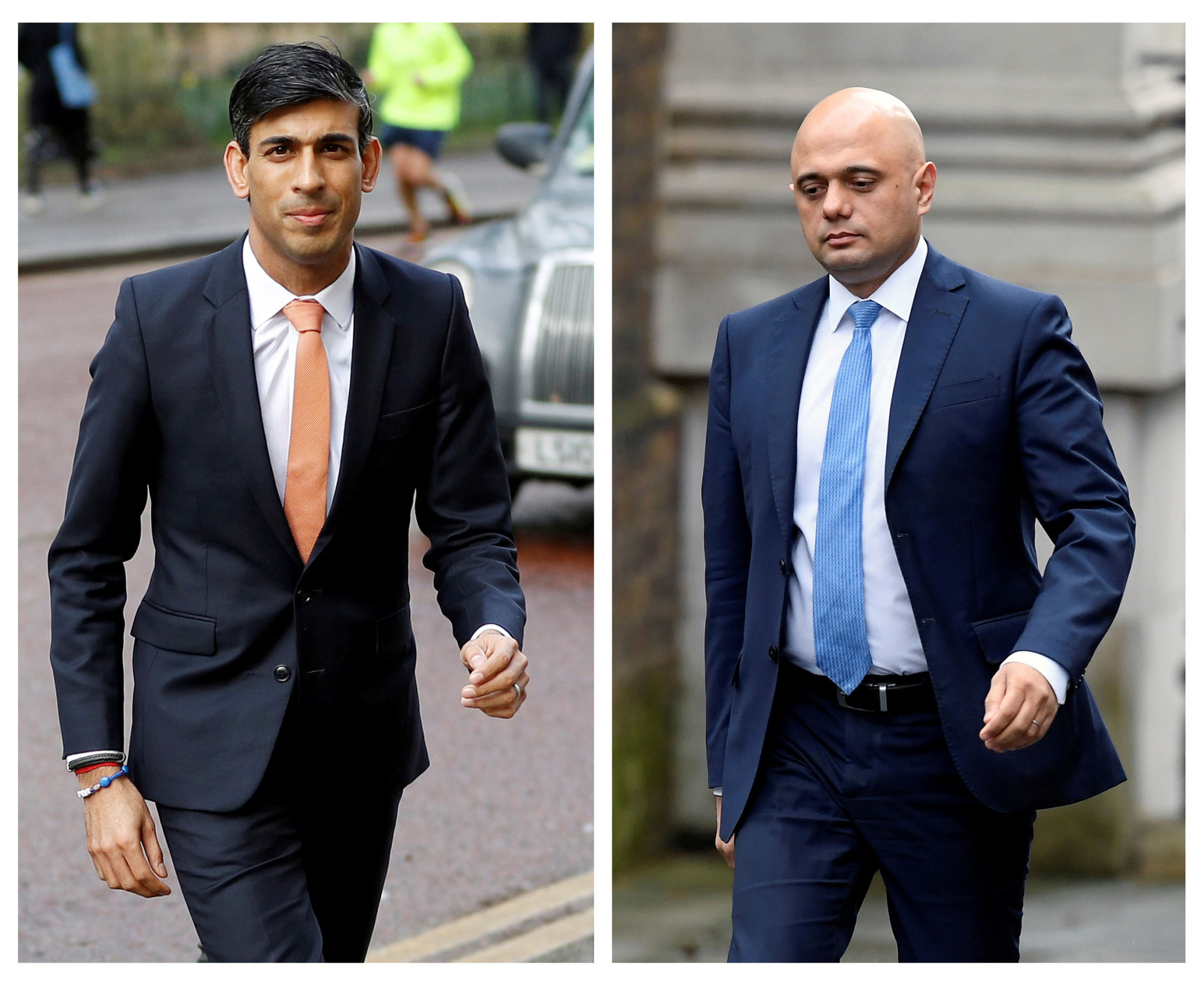Sajid Javid's resignation as Britain's chancellor of the exchequer doesn't so much signal a major shift in Britain's economic policy as confirm a sea change in the rules of British politics under Prime Minister Boris Johnson's administration. That could be just as consequential.
With the country's first post-Brexit budget due in less than a month and major trade decisions underway, this would seem an odd time to put the country's budget in a new pair of hands. It certainly wasn't expected. While there was talk of a "Valentine's Day massacre" for some weeks after the election, the chancellor's job wasn't one of those slated to change in this reshuffle; indeed he was the only Cabinet minister whom Johnson had publicly promised would keep his job.
The prime minister just didn't promise to make staying tenable. Javid lost a long-running battle to keep control over his team of special advisers (known as "spads" in Britain). These officials are very important — and usually loyal — to Cabinet ministers, but the prime minister's office now wants to centralize their appointments. Javid's advisers became pawns in a bigger contest for control, a word this government rather likes.


















With your current subscription plan you can comment on stories. However, before writing your first comment, please create a display name in the Profile section of your subscriber account page.